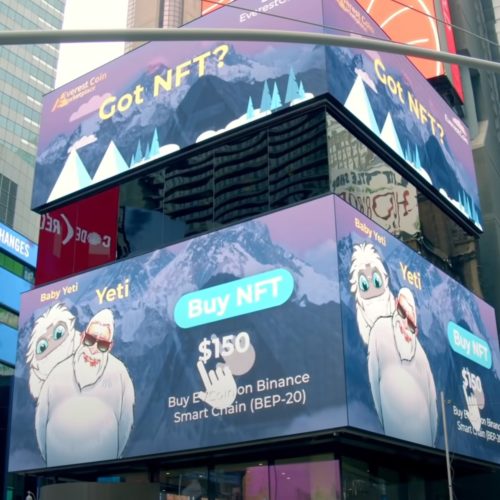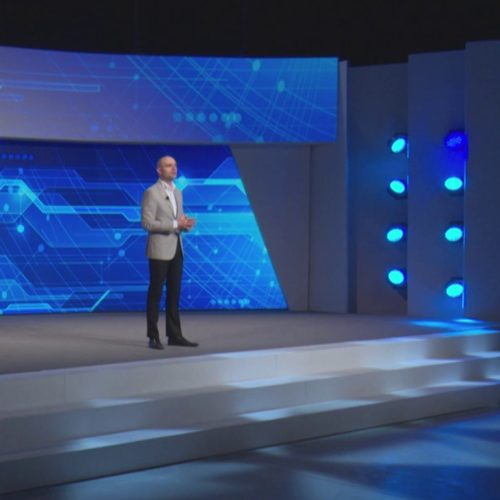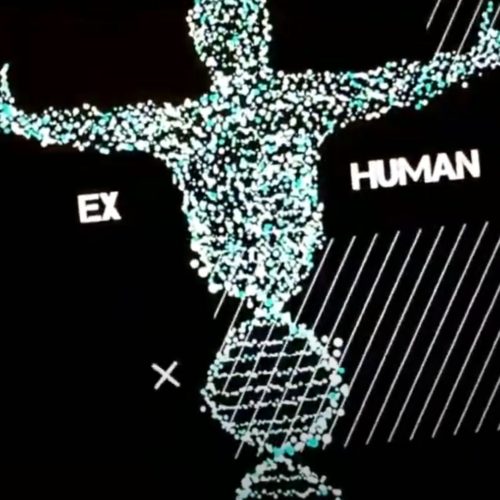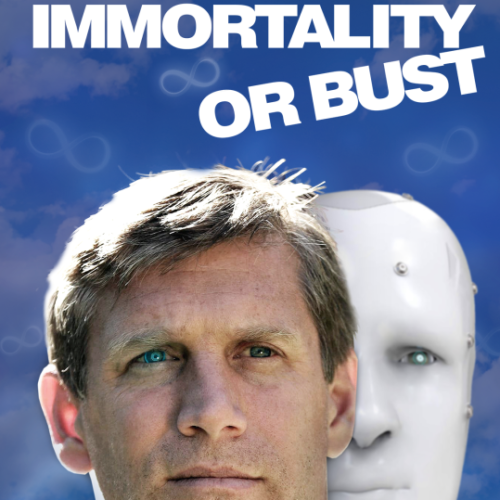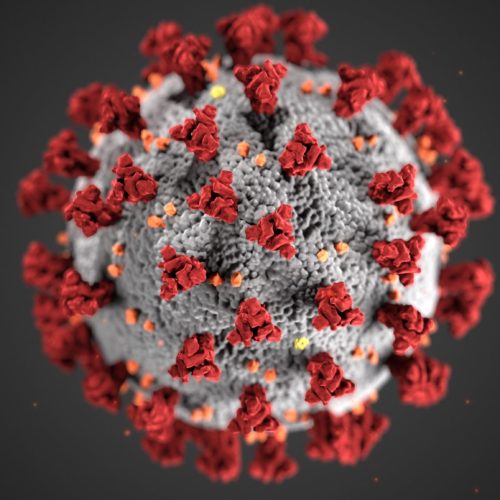Against Nature Deficit Disorder: Why All Roads Lead Us to Merge with Machines
In his 2005 book Last Child in the Woods, Richard Louv coined the phrase ‘nature deficit disorder,’ a condition meant to provide explanation for the declining health of today’s youth. Essentially, he argues, we are meant to spend time outdoors, moving around, splashing in puddles and playing with sand, and the decreasing frequency with which we do these things can be said to account for our declining physical and mental health in the industrialized world.
Symptoms of ‘nature deficit disorder’ include; attention deficit disorder, obesity, depression, mood disorders, generalized anxiety, and systemic health conditions.
 Louv is part of a larger group of ‘preservationist’ thinkers, including Bill McKibbern and Kirkpartick Sale, who argue that the influence of technology disrupts our tendency and desire to engage in the things that are most healthy and beneficial to us, as individuals, and as groups. We need to actively choose against technology in some circumstances, they argue, and in some cases, we need to prevent further development of it.
Louv is part of a larger group of ‘preservationist’ thinkers, including Bill McKibbern and Kirkpartick Sale, who argue that the influence of technology disrupts our tendency and desire to engage in the things that are most healthy and beneficial to us, as individuals, and as groups. We need to actively choose against technology in some circumstances, they argue, and in some cases, we need to prevent further development of it.
I do not disagree with Louv in his assertion that human beings benefit substantially from time outdoors. After all, civilization is a relatively recent thing in human history, and our current genetic makeup is likely optimized for spending most of our time outdoors, and more generally, for interaction with things ‘natural’.
And I agree with Louv that the best solution is one of action rather than patience, since the prospect of our naturally ‘adapting’ to civilization in a satisfactory way is unlikely and costly; biological evolution is slow.
I do not however think that Louv’s solutions are realistic, nor do they ensure the best outcome. Our desire to engage with technology is only going to become stronger and more elaborate as virtual reality experience becomes better than real experience, and as technology more generally provides us with desirable experiences we could never have without it.
The idea that we should ‘choose against’ technological engagement, giving up rewarding and augmentative aspects, to me is a soon-to-be-outdated method in addressing human-technology conflict.
So how could we get around ‘nature deficit disorder’?
Merge with machines.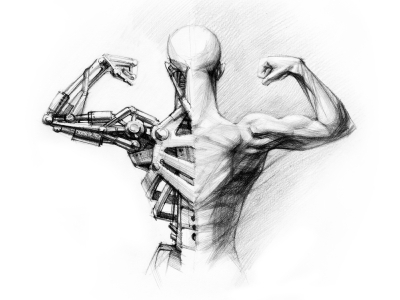
One solution would be to alter our genetic makeup in such a way so that spending less time outdoors does not negatively affect our well being. Or, we could have nanobots in our system counteracting the effects of not being outdoors. Or, we could design our virtual realities in such a way that they induce the same kind of biological responses that we get from spending time outdoors in the real world.
The point is, moving away from technology in an effort to mend ‘nature deficit disorder’ does not bring about the most optimal solution, and it conflicts with the direction of human technological evolution more generally. We want to be able to choose ‘nature’, not feel obligated to it.
Merging with machines is considered the solution to other future worries regarding technology. It is thought by some AI futurists to be the only way to avoid post-Singularity extinction. And many heath futurists see merging with machines as the only way avoid disease and early death.
So do any roads lead to ‘Do not merge with machines’?
Yes.
Ultimately, the least optimal ones.
Resistance to the notion of ‘overcoming biology’ and ‘merging with machines’ will become more popular in the next decade as more people become aware of the increasing viability of these — once thought of as ‘far fetched’ — Transhumanist goals.
But when faced with the perils of present day civilization, and the rise of intelligent machines, there are many reasons to be confident that what we are moving towards is well worth the life we are leaving behind.
About the Author:
N ikki Olson is a writer/researcher working on an upcoming book about the Singularity with Dr. Kim Solez, as well as relevant educational material for the Lifeboat Foundation. She has a background in philosophy and sociology, and has been involved extensively in Singularity research for 3 years. You can reach Nikki via email at [email protected].
ikki Olson is a writer/researcher working on an upcoming book about the Singularity with Dr. Kim Solez, as well as relevant educational material for the Lifeboat Foundation. She has a background in philosophy and sociology, and has been involved extensively in Singularity research for 3 years. You can reach Nikki via email at [email protected].


